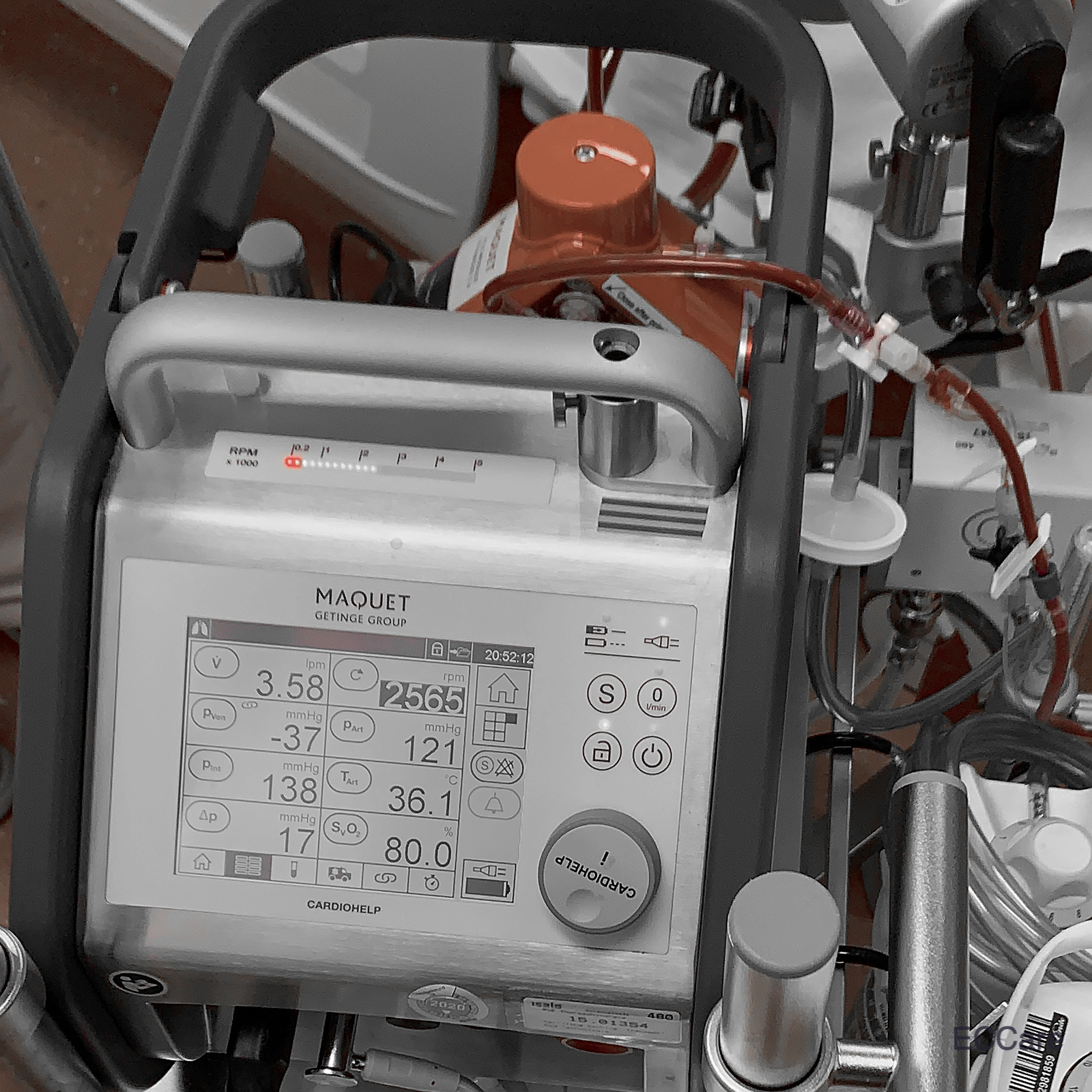cardiac & pulmonary support

A special part of our area of expertise is the long-term support of patients with a persisting, sometimes permanent failure of their cardiac and/or pulmonary function.
It concerns patients who, after having a single or multiple myocardial infarction(s), are left with a significantly reduced cardiac function such that it becomes life threatening and the only alternative left is heart transplantation. Because the supply of donor hearts is limited these patients end up on a waiting list. For many of these patients the time spent waiting for a donor heart is to long. To survive the wait for a donor heart they need to be supported for a considerable period of time by means of an extracorporeal artificial heart system.
Apart from the above mentioned group of patients waiting for a donor heart there also exists a group of patients who suffer from one of a variety of illnesses that impair the function of the heart muscle to such an extend that it becomes life threatening. Given time and ‘rest’ the heart can however partially of even fully recover. Putting these patients on a long-term extracorporeal cardiac support system provides this.
This principle of providing ‘rest’ to an organ to help it recover is also applied in long-term extracorporeal lung support. A significant reduction of the pulmonary function, of even complete failure as a result of trauma or an infection (a well known example is acute pulmonary failure due to an H1N1, swine-flue infection) may be successfully treated with an extracorporeal artificial lung system, over a period of days or even weeks.
Our group of perfusionist has a broad experience with a wide range of long term extracorporeal support techniques amongst which are the recent Levitronix Centrimag systems and the Maquet PLS systems.
